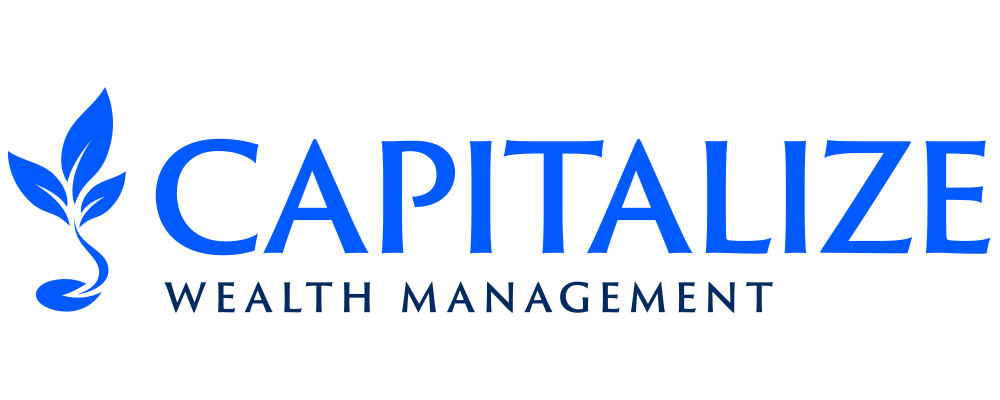
26 Feb Comparing QOFs & 1031 Exchanges
QOFs and 1031 exchanges both offer the potential for significant tax incentives and can be used in conjunction with one another. However, the two investment vehicles have many differences, and therefore, may be appropriate for different investors. Under the 2017 Tax Cuts and Jobs Act, real estate is the only asset class that retained its 1031 exchange privilege. Capital gains from assets such as stocks, bonds, art, wine, livestock, classic automobiles, and other collectibles no longer receive the tax benefits of a 1031 exchange. Only real estate held for business or investment purposes can utilize the 1031 exchange while a capital gain from real estate or most other assets can be invested in a QOF.
Qualified Opportunity Zone Fund Investing – Process
- Sell any asset and have a short-term or long-term capital gain. These are some examples of assets that a sale could generate a short or long-term capital gain:
-Stock
-Bonds
-Real Estate (both investment and personal residences
-Business
-Carried interest (e.g. PE, VC, Hedge Fund principals)
-Cryptocurrency
-Art/Collectibles
-Partnership Interests - Unlike a 1031 exchange, An investor can take constructive receipt of the proceeds and does not need a Qualified Intermediary (QI) to hold the funds.
- Adhere to the timelines provided by the IRS. Individuals have 180 days from the sale to invest any or part of the capital gain into a Qualified opportunity Zone Fund. The final regulations provide additional flexibility for K-1 partnership gains resulting in additional planning options for financial advisors. For example, assuming a calendar-year partnership, K-1 partnership gains realized on or after January 1, 2021, have until September 11, 2022 to complete an investment in a QOF that is eligible for QOZ Program tax benefits due to the three options allowed for calculating their 180 day window:
-180 days starting with the date the asset is sold;
-180 days beginning on the last day of the partnership’s taxable year (December 31st for a calendar year partnership); or
-180 days starting on the date the partnership’s tax return is due, without any extension (March 15th for a calendar year partnership). - Invest any amount of the capital gain into the Opportunity Fund or Funds that you and your advisor have chosen. Please note that you can only invest the capital gain portion for the sale and not any of the principal.
- Your CPA will file for 8997 with your tax return that details your Opportunity Zone Fund investments

WHAT Qualifies for an Exchange:
Does Include
- Rental (Investment Property)
- Commercial Real Estate (NNN Retail, Industrial, Office, etc)
- Raw Land
- Vacation Rentals
- Mineral Rights
- Air Rights
- Water Rights
- Delaware Statutory Trust (DST) Investment Properties (fractional ownership)
- Tenant-in Common(TIC) Investment Properties (fractional ownership)
- Certain other Fractional Ownerships (Title Holding Trusts, Land Trusts and others)
Does NOT Include
- Stocks
- Bonds
- Primary Residence
- REIT’s
- Second Homes
- Vacation Homes (personal Use)
- Property purchased to fix (rehab) and flip
- Condo Conversions
1031 EXCHANGE RULES
Identification Rules
- Three Property Rule – Identify a maximum of three properties for any fair market value. This rule is used often in practice.
- 200% Rule – Identify any number of properties as long as the fair market value does not exceed 200% of the relinquished properties net sale price. This rule is used often in practice.
- 95% Rule – Identify ANY number of properties for ANY value but investor must close on 95% of the value identified. This rule is rarely used in practice. In fact, our team has never used this rule in a 1031 transaction.
Replacement Rules
To successfully complete an Exchange and defer capital gains taxes, investors need to satisfy the following requirements:
- Value- Purchase a property of equal or greater value
- Equity- Reinvest all of the equity at the Qualified Intermediary (QI) into the replacement property. Note: Any equity not invested will be subject to tax
- Debt – Obtain equal or greater debt on the replacement property. Exception: Reduction of debt can be offset with additional cash from the exchanger

